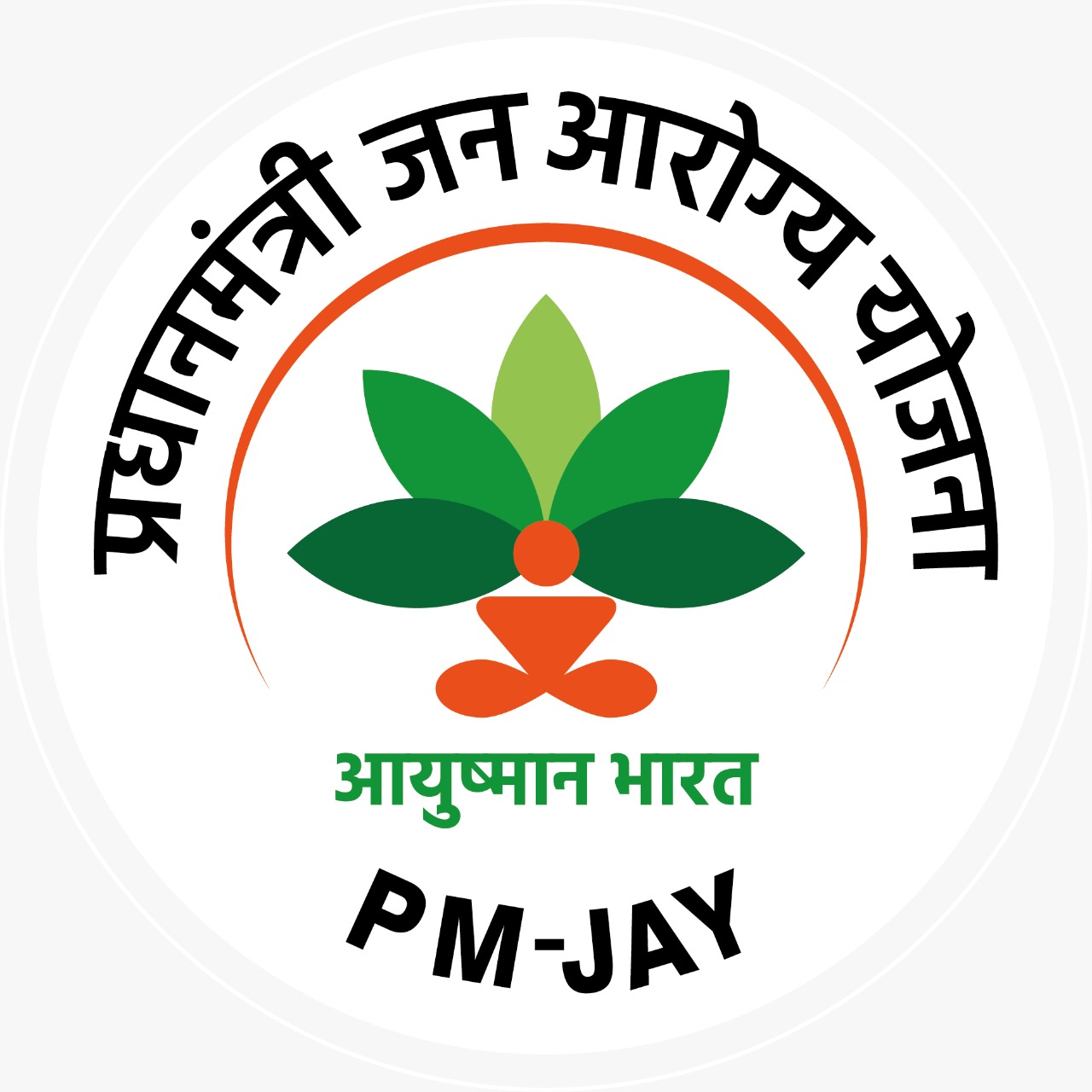Timely intervention can prevent Hepatitis from becoming an epidemic in India
 KRC TIMES Desk
KRC TIMES Desk

Despite dramatic advances and developments in the treatment of Hepatitis B and C, elimination of both types of the disease remains difficult due to lack of awareness among masses. Globally, around 325 million people are living with chronic hepatitis B and becoming a prime reason for liver cancer and failure. Among 11 countries, India stands fourth which carries almost 50% of the global burden of chronic hepatitis.
World Hepatitis Day is observed every year on 28th July to provide an opportunity to step up national and international efforts to spread awareness about Hepatitis. This year World Hepatitis day is urging all countries and partners to promote the theme ‘Invest in eliminating hepatitis and policymakers to increase political and financial commitments for its response.
Inflammation of the liver (commonly known as hepatitis) can result from viral infection and as all the symptoms are nearly close enough, without a diagnostic test, it is impossible to differentiate. Hepatitis is widespread in India. Lack of regular check-up and diagnosis are the prime reasons for being undetected and sufferings. The other reason includes people who have had tattoos or injects drugs, unsafe blood transfusion and lack of universal hepatitis B immunisation.
“As the function of the liver is to help in digestion by producing proteins, enzymes, and other substances, clear toxins from the body and generate energy from food. Any abnormality in the production of the components is a serious indication of an ailment that the liver is not functioning well. In case suspecting an improper functioning of the liver, liver function test (LFT) may be done wherein a sample of blood is taken for analysis.” Dr. Deepak Lahoti, Director & Head, Dept. of Gastroenterology & Hepatology, Max Super Speciality Hospital, Patparganj.
There are 5 types of Hepatitis known as A, B, C, D, and E, in which A and E are waterborne ads spread through contaminated food or water, then Hepatitis B, C, and D are blood borne and at last Hepatitis D causes infection only along with Hepatitis B. The major concern is being focused for Hepatitis B which can spread unknowingly from a mother who is infected to a newborn child. Over 90% of new hepatitis B infections occur through mother–to–child transmission and during the early age of childhood. So it is mandatory to test a mother for Hepatitis B during pregnancy and take prevention after positive results.
”Now the major change has been achieved after the introduction of a vaccine for Hepatitis B which is a safe, affordable, and well tested too. The improvement area is visible in the case of Hepatitis B infection is among children group which is being reduced from 4.7% (before the introduction of vaccine) to 1.3% in 2015 after the introduction of the vaccine. It is very much important for everyone to get vaccinated against Hepatitis B as it works as armor around you to protect from this killer viral infection. Added Lahoti





